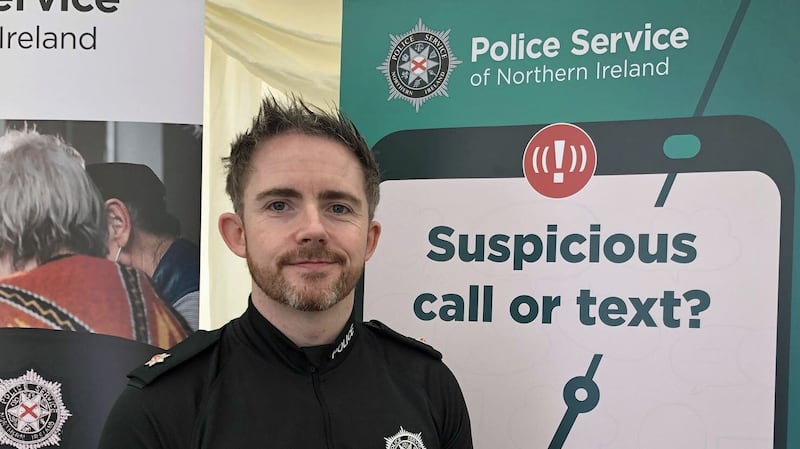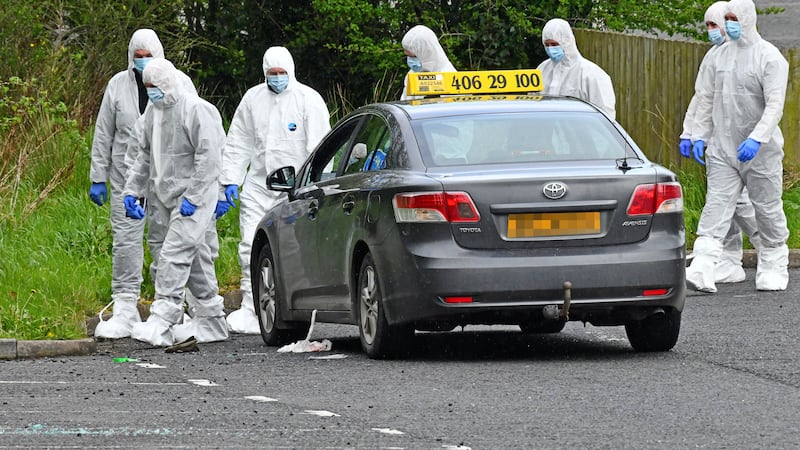Close to £300,000 was lost to ticket fraud from hundreds of reports made to the PSNI in Northern Ireland last year.
Police are urging people to be wary of scammers when booking tickets for concerts and other events.
Among the reports were of Taylor Swift tickets where the victims lost hundreds of pounds.
Across the UK, £6.7 million was lost to ticket fraud in 2023, according to data from Action Fraud. The total in the north was £291,000 with 299 reports made.
The PSNI cited a recent example of an individual who believed they had bought Taylor Swift tickets for £400 via an online ‘buy and sell’ page.

The person was then asked to pay a further sum of money for a change of name. The tickets never arrived. An exact same scam happened to another individual last month.
PSNI chief superintendent Gerard Pollock, chair of ScamwiseNI Partnership, said people are buying tickets through social media platforms.
“With some big names on tour this summer, demand is always high for those concerts which have, in reality, been sold out months in advance,” he said.
“Avid fans are being exploited, often by organised criminals, in the hope of seeing their heroes live.
“Ticket fraud often involves the use of images and graphics taken from genuine sellers to make fake websites look like the real deal, or use contact through social media.
“The advertisement or offer may appear genuine, but there will be subtle differences buyers should look closely at, such as the website address.”

Mr Pollock urged buyers to purchase tickets from legitimate, authorised ticket sellers and resellers.
“I would also urge parents buying tickets for children and young adults going to a concert, and those who make a last-minute decision to go to a concert, to be really cautious when buying your ticket,” he added.
“Too often, we see reports of tickets that don’t materialise at all, or are just screenshots of genuine tickets that won’t get you any farther than the ticket barrier.
“When purchasing a ticket from a reseller you should also check the re-sale or transfer policy for that concert, often there are strict policies regarding how tickets can be sold or transferred, breaching these can mean your ticket is invalid.
“Similarly, some events require the person booking the tickets to attend the event, so it’s always important to check the fine print of the event itself.”
Those who are scammed should report it to their bank, to Action Fraud or call police police on 101, the PSNI said.







